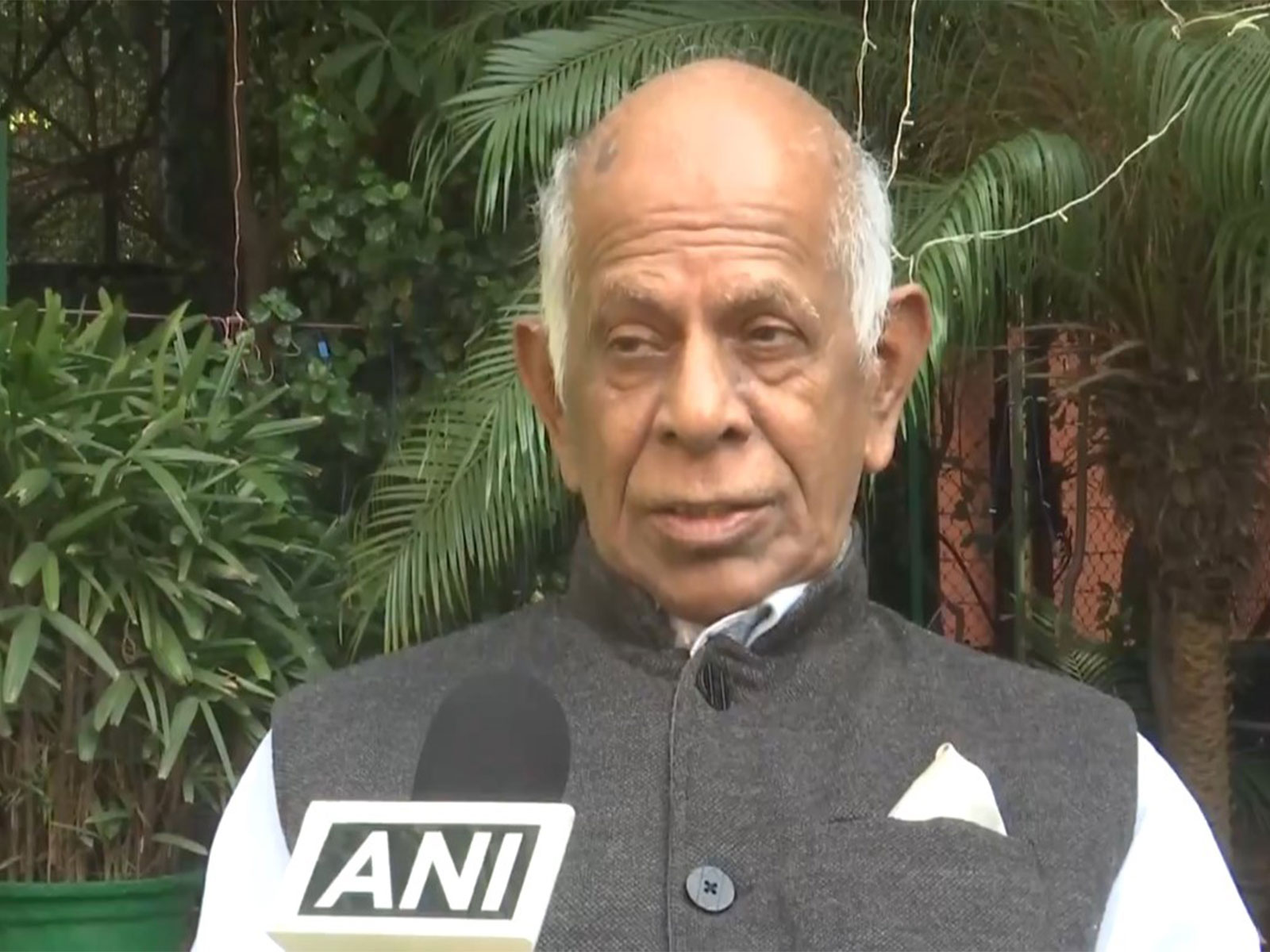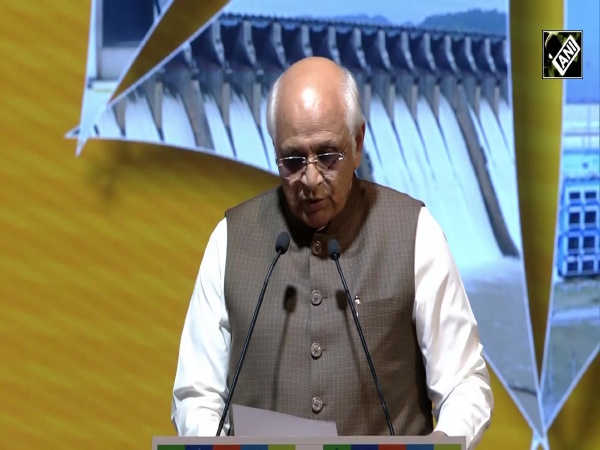
China's upcoming strategic rail link from Tibet to Lhasa near LAC, big security concern for India, warn Tibetan experts
Oct 12, 2025
Dharamshala (Himachal Pradesh) [India], October 12 : China has begun work on a new strategic railway line connecting Tibet to the Chinese city of Lhasa, a route that runs close to the Line of Actual Control (LAC), sparking fresh concerns over its potential military and security implications for India. Tibetan experts have warned that the project could significantly boost China's military logistics and influence in the region.
Reportedly, the new rail line aims to strengthen China's connectivity with central Tibet and improve its capacity to mobilise troops and resources along the border areas. The development comes at a time when India is also planning its own border rail projects near the LAC.
Experts say the project, expected to be completed within five years, forms part of Beijing's larger plan to build a 5,000-km plateau rail network around Lhasa over the next decade. The area is particularly sensitive given the ongoing territorial disputes in Aksai Chin.
Tsewang Dorjee, a research scholar at the Tibet Policy Institute studying infrastructure development in the Himalayas, told ANI that China's push for new rail and highway projects near the Indian border is closely tied to recent security developments.
"In the eastern sector near Arunachal Pradesh, China has already tried to control water resources to use as leverage against South Asian countries. Now, in the western sector bordering Ladakh, Himachal, and Uttarakhand, it is building a new rail line. After Operation Sindoor, China became more alert," Dorjee said.
He added that apart from the Tibet-Lhasa railway, Beijing is also constructing a highway between Nagchu and Ngari, which would greatly enhance Chinese military mobility and logistics in the region.
"These infrastructure projects give China an upper hand if tensions escalate into conflict. Beyond security, the railway will also help China exploit Tibet's vast natural resources like uranium and lithium, which are crucial in the global AI and technology race," Dorjee said.
He further noted that while China has occupied Tibet since 1950, it continues to struggle with controlling the "hearts and minds" of Tibetans. Infrastructure expansion, he said, is part of Beijing's strategy to tighten administrative and military control over remote areas.
Tibetan writer and activist Tenzin Tsundue described the project as one of China's "most ambitious and provocative" undertakings.
"This railway will connect Shigatse in central Tibet all the way through western Tibet, passing near Mount Kailash and Ngari, and extend into East Turkistan through Aksai Chin," Tsundue told ANI.
He pointed out that parts of the proposed route would come as close as 20-30 km from the Demchok border in Ladakh.
"It's being built at war footing and could be completed in five years. For India, this is a serious security concern because the railway runs parallel to the Indian Himalayas, from Nepal and Uttarakhand to Ladakh. India's own railway project in this region is still at a planning stage," Tsundue said.
The activist added that the western plains of Tibet, known as Changtang, are rich in gold, copper, zinc, and lithium, resources that China intends to exploit through this rail corridor.
"This project is both for mining and military dominance. It reflects China's expansionist policy and its intent to maintain control over the Indian Himalayan region," Tsundue warned.
Both experts agreed that the Xinjiang-Lhasa railway is not just an infrastructure project but a strategic move with far-reaching geopolitical and security implications for India, Tibet, and the entire Himalayan region.



























